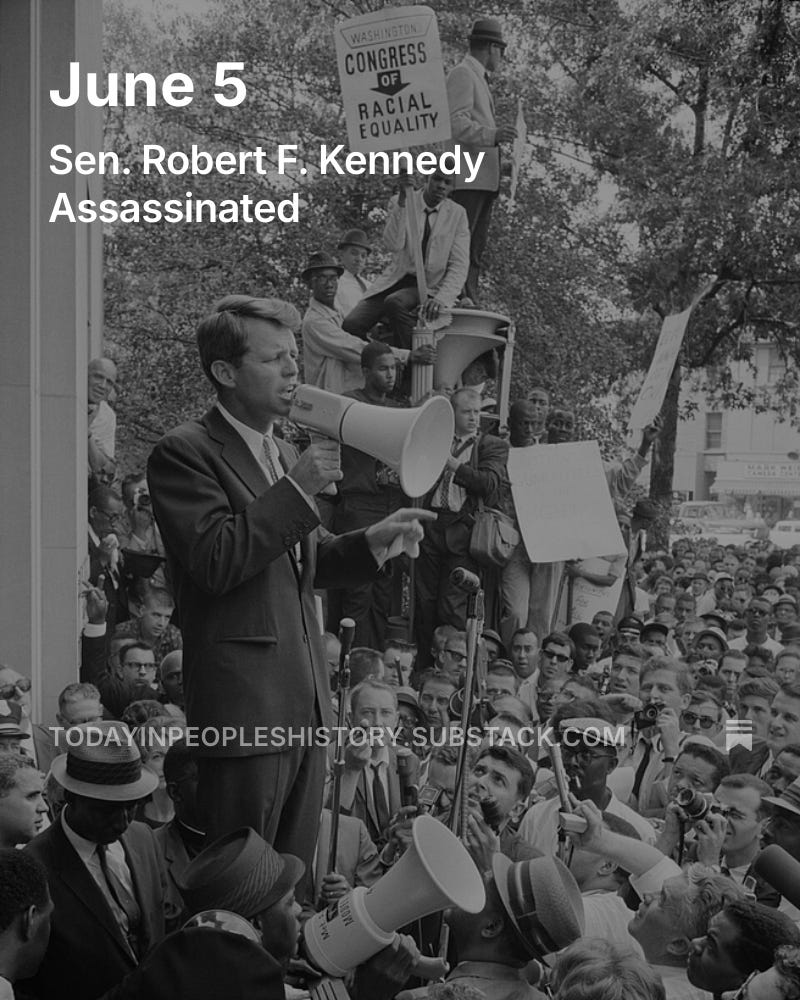When No One Is Watching: How Down-Ballot Races Are Shifting the Ground
Keishan Scott's victory in South Carolina is no fluke.
Let us, for a moment, look away from the grotesque theater of the grotesquely powerful. Let us peel our eyes from the orange-faced juggernaut who swaggers across the country like a bloated idol, dragging behind him the shriveled husk of a Republican Party too cowardly to challenge him and too cynical to care. Let us look away from the headlines that have become daily funerals for democracy: each executive order, each Supreme Court ruling, each threat to the fragile scaffolding of civil rights carved out by generations of struggle.
Look instead to South Carolina, where something small and seismic has happened.
Keishan Scott is 24 years old. A Black minister. A local elected official. A child of a country that is still, in too many ways, at war with people like him. On a Tuesday not many outside of his district bothered to notice, he won a special election to the South Carolina House of Representatives. He did not just win; he annihilated. Seventy-one to twenty-nine. A political earthquake disguised as a whisper.
This is not supposed to happen. Not in South Carolina. Not in the blood-red South. Not in the shadow of a Trump Administration that seems to suck the oxygen out of hope itself. But it did happen. And it keeps happening.
Democratic candidates are overperforming in special elections across the country. Not once. Not twice. Again and again, like wind slipping through cracks in fortress walls. It is as if the earth beneath the political establishment is shifting, ever so slightly. The Richter scale doesn't spike, the buildings don't fall, but foundations crack. And something deep and determined begins to rumble.
What do we call this feeling? This sensation that amidst the wreckage, something is gathering? A reckoning, perhaps. Or maybe just a refusal.
The victories are not yet enough to stop the tidal wave of reactionary cruelty. Children are still in cages. Gaza is still bleeding. Billionaires are still hoarding, and the Supreme Court is still striking down rights like they're swatting flies. But what if the story isn’t just one of descent? What if, like those who have survived so much before us, we are learning to see in the dark?

It’s tempting to call Keishan Scott’s win an anomaly. A statistical outlier. But that would be a failure of imagination and of observation. Because it’s happening everywhere. Iowa. Ohio. New Hampshire. Suburbs and rural pockets, corners of red states and blue, where voters are quietly, stubbornly refusing the script handed to them.
These aren’t tidal waves. They are brushfires. Uncontrolled. Uncontainable. Ignited not by party operatives, but by teachers and tenants, nurses and nannies, organizers and the organized.
This should terrify the architects of despair. And it should feed us: those who are bone-tired and brow-beaten, those who march not for spectacle but survival.
Because every special election victory, every overperformance, is a flare fired into the sky: We are still here. We have not surrendered. We are the long memory of the oppressed, and we are the short fuse of the fed-up.
It is a reminder that politics does not only happen in presidential races and primetime spectacles. It happens in church basements. In union halls. At kitchen tables where rent is due and money is short. It happens when a 24-year-old decides not to wait his turn. When he runs. And wins.
This is not a silver lining. It is not a happy ending. But it is a beginning of something that never really died.
The great machine that grinds bodies and dreams into profit wants us to believe it is inevitable. That fascism is destiny. That resistance is futile. That the planet must burn, that the prisons must be full, that war must be permanent.
But these small, fierce, persistent victories whisper otherwise. They say the people are awake. They say history is not finished with us yet.
Let the Democrats be as bold as the people who are electing them. Let them learn from Keishan Scott not just how to win, but why. Let progressives remember that the future doesn’t arrive fully formed. It is fought for in fragments. In down-ballot races. In school board meetings. In the places where no one’s watching.
And let us watch. Let us remember. Let us spread the news like gospel.
We are not just survivors of the storm. We are the storm.




